Iran
Latest
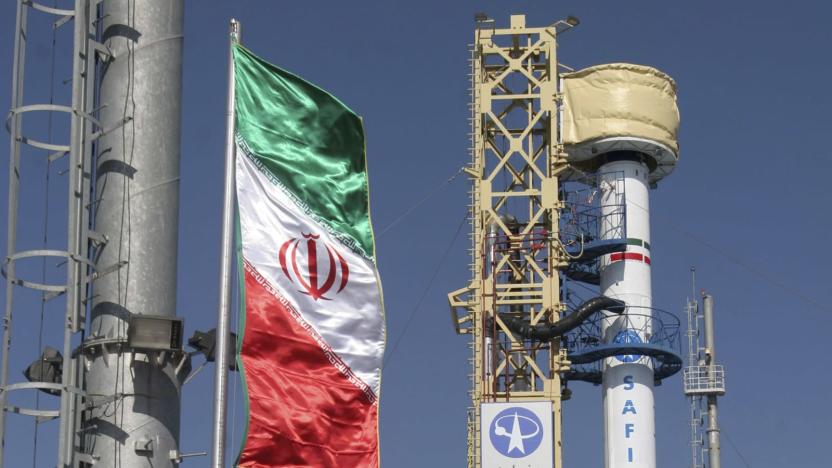
Iran says it will launch an observation satellite 'in the coming days'
Iran is set to become the latest country to launch an observation satellite, according to the country's national space agency. The satellite, named Zafar (which means victory in Farsi), began development three years ago. It will be launched by a Simorgh rocket 329 miles above the Earth, and will make 15 orbits daily, collecting imagery to help with the study of natural disasters and agriculture.

Instagram removes posts backing slain Iranian leader to obey US sanctions
Instagram appears to be caught in the crossfire of international politics. Facebook has confirmed to CNN that it pulled posts and accounts supporting slain Iranian commander Qassem Soleimani in order to obey US sanctions against the country's Islamic Revolutionary Guard Corps and its leaders. The International Federation of Journalists noted that some of the accounts had been restored, but the pro-Soleimani posts were still gone -- and some of the accounts that were offline included whole news agencies. As Instagram is one of the few social media services that isn't blocked in Iran, this limits both the outside world's ability to see Iranian perspectives (even if they're dictated by the state) and the country's ability to disseminate news on less contentious topics.

Iran shuts down nearly all internet access in response to fuel protests
Iran is trying an all-too-familiar tactic to hinder protests: cut the lines of communication. The Iranian government has shut down nearly all internet access in the country amidst mounting protests that began over a 50 percent hike in fuel prices and now encompass wider dissent. There are pockets of access that have let people show what's happening on the ground, but they're rare. Phone calls abroad still work, but those are also closely monitored.

Microsoft: Iranian cyberattack targeted a US presidential campaign
Iran has apparently been engaged in a large-scale cyberattack bent on compromising American politics. Microsoft reported that Phosphorous, a known group it believes is linked to the Iranian government, attacked 241 email accounts in a 30-day period between August and September, including those for a US presidential campaign as well as current and former US officials, journalists covering world politics as well as "prominent" expatriate Iranians. Four of these accounts were compromised, though this didn't include the presidential run or any officials.

NYU report lists likely social media disinformation tactics for 2020
The 2020 US presidential election will serve as the ultimate test for social media platforms like Facebook and Twitter to prove they can combat fake news. But could they be fighting the last war? A report released by NYU's Stern Center for Business and Human Rights argues that relatively new tactics like domestic fake news operations, phony memes on Instagram and deepfake videos will play a bigger role in the next election.

US took down Iranian drone using new jammer technology
When the USS Boxer took down an Iranian drone in the Strait of Hormuz, it apparently represented a baptism by fire for new technology. The Wall Street Journal understands that the action was the US Navy's first use of MADIS (Marine Air Defense Integrated System), an anti-drone system adapted for the sea. The technology uses jammers to block a drone's communications and force it to crash. Some versions of MADIS can also fire at the drones, although it's not clear that was the case here.
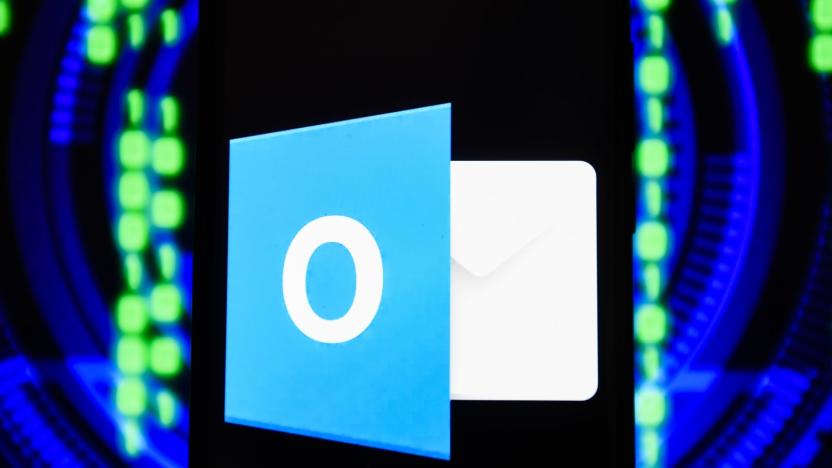
US Cyber Command warns of nation-state hackers exploiting Outlook
The recent surge in state-backed hacking campaigns isn't dying down any time soon. US Cyber Command has reported that unnamed state actors are making "active malicious use" of a 2017-era Outlook vulnerability (long since patched) to escape the email client's sandbox and run malware on a target system. While officials didn't say who was involved, some clues have hinted at a possible connection to Iran.

US cyberattack reportedly knocked out Iran missile control systems
The US may have withheld a physical military response to Iran shooting down a drone, but it might not have shown similar restraint with a digital campaign. Washington Post sources say the President greenlit a long-in-the-making cyberattack that took down Iranian missile control computers on the night of June 20th. The exact impact of the Cyber Command operation isn't clear, but it was described as "crippling" -- Iran couldn't easily recover, one tipster said.

Twitter removes nearly 4,800 accounts linked to Iranian government
Twitter has suspended nearly 4,800 accounts it suspected of being directly run or linked to the Iranian government. The social media giant released a transparency report that detailed recent efforts to tamp down on the spread of misinformation by insidious actors on its platform. In addition to the Iranian accounts, Twitter suspended four accounts it suspected of being linked to Russia's Internet Research Agency (IRA), 130 fake accounts associated with the Catalan independence movement in Spain and 33 accounts operated by a commercial entity in Venezuela.
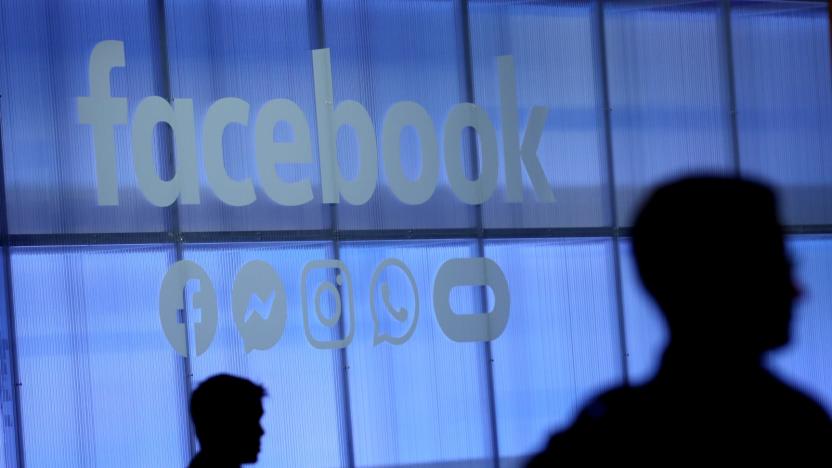
Facebook takes down more fake accounts from Iran
Today, Facebook removed 51 accounts, 36 Pages, seven groups and three Instagram accounts that were involved in "coordinated inauthentic behavior" based in Iran. According to the company, the individuals responsible pretended to be located in the US and Europe, impersonated news organizations and journalists in the Middle East and tried to contact public figures under the guise.
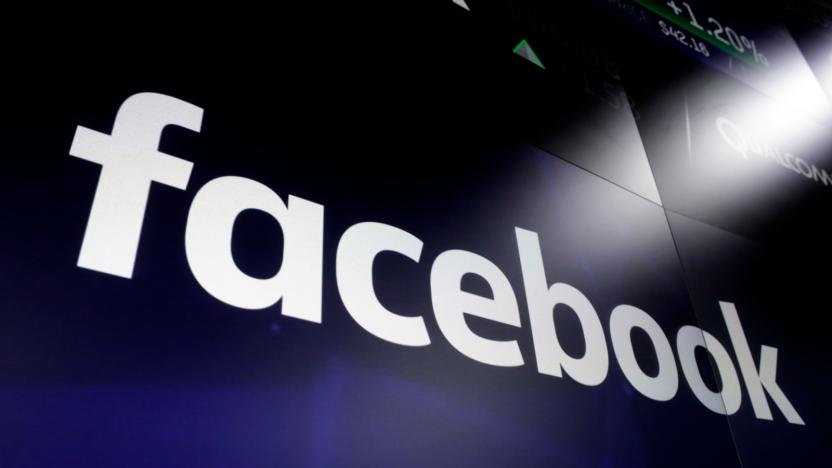
Facebook pulls 2,632 bogus accounts and pages in latest crackdown
Facebook's war against shady accounts isn't about to slow down. The social site has pulled 2,632 accounts, groups and accounts for conducting "coordinated inauthentic behavior" across Facebook and Instagram. The perpetrators were linked to Russia, Iran, Macedonia and Kosovo, although Facebook stressed that it didn't find connections between each activity besides similar tactics.
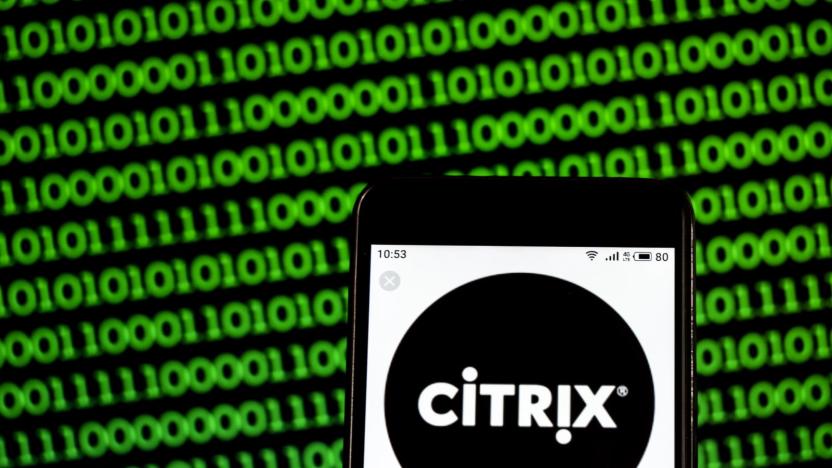
Iranian hackers stole terabytes of data from software giant Citrix
Citrix is best-known for software that runs behind the scenes, but a massive data breach is putting the company front and center. The FBI has warned Citrix that it believes reports of foreign hackers compromising the company's internal network, swiping business documents in an apparent "password spraying" attack where the intruders guessed weak passwords and then used that early foothold to launch more extensive attacks. While Citrix didn't shed more light on the incident, researchers at Resecurity provided more detail of what likely happened in a conversation with NBC News.

Russia is going to test an internet ‘kill switch,’ and its citizens will suffer
Russia is planning to disconnect itself from the global internet in a test sometime between now and April. The country says it is implementing an internal internet (intranet) and an internet "kill switch" to protect itself against cyberwar. The question is, would this actually work? "This, as a single tactic, would not be sufficient," explained Bill Woodcock, executive director of Packet Clearing House, via email. "But it hugely reduces their attack surface. So in combination with many other tactics, it's a component of a reasonable strategy."
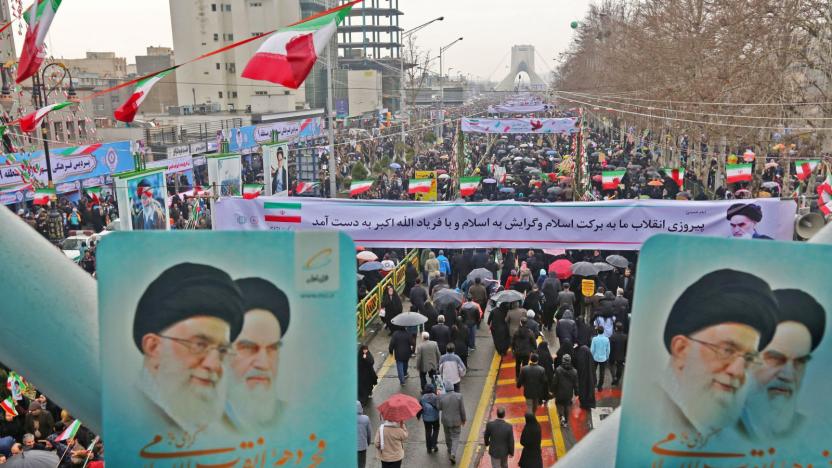
Twitter removes tweet from Iran's leader, citing company policy
Once again, Twitter has run into a sticky situation while deciding when and how to apply its content rules. Buzzfeed News reports that it removed a tweet from an (unverified) account linked to Ayatollah Seyed Ali Khamenei, the current Supreme Leader of Iran. Twitter has said that it doesn't want to ban world leaders for posts that could be considered violent or threatening because that "would hide important information people should be able to see and debate." Despite that, a supposed "reminder" that its previous leader determined novelist Salman Rushdie should be put to death, saying the verdict "is solid and irrevocable," apparently went too far. In a statement to Buzzfeed the company said that post went against its policy about "specific threats of violence or wish for the serious physical harm, death, or disease of an individual or group of people." The account was put read-only mode so it couldn't make new posts, but hasn't been banned.

DOJ report finds foreign meddling had no impact on midterm elections
If attempts at election meddling had any tangible effect on the US midterms, you won't hear about it from some officials. The Departments of Justice and Homeland Security have submitted a joint report to President Trump saying there was no evidence a foreign government or agency had a "material impact" on the infrastructures of the 2018 vote, including campaigns and political bodies. The actual conclusions are classified, but they're consistent with what the government said after the elections, the Justice Department said.
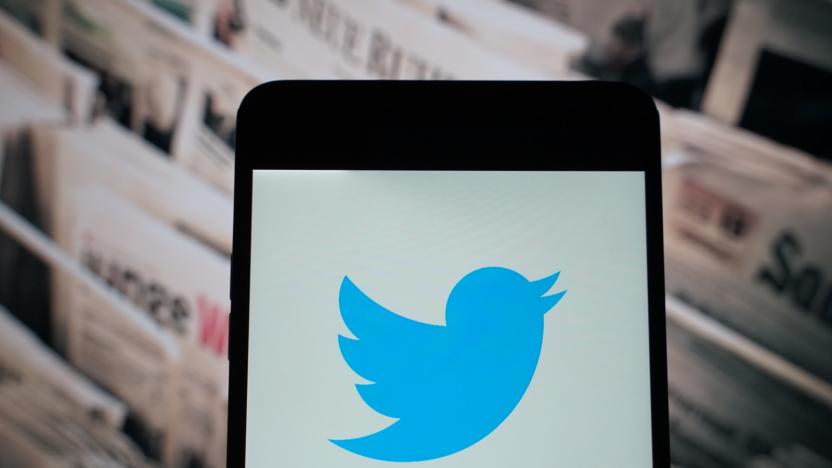
Twitter banned 2,600 Iran-linked accounts for election meddling
Since September, Twitter has suspended 2,617 accounts linked to Iran, it said in a report on its US midterm election efforts. Some of the accounts claimed they were American news outlets and discussed US political and social issues. Twitter claims it proactively suspended most of the accounts prior to Election Day.

Facebook removed over 900 pages in Iran and Indonesia for 'inauthentic behavior' (update)
Facebook announced today that it has removed pages, groups and accounts that were apparently engaging in "coordinated inauthentic behavior" tied to Iran and Indonesia. According to Facebook, there were 783 Iranian instances of operating under a false or concealed identity, and were repurposing Iranian state media content as if it was their own. They appeared to be targeting audiences in the Middle East and South Asia, and seem to be part of a network created to spread misleading news. According to Facebook, some of this activity dates back to 2010.

Huawei denies US sanctions and trade secret charges
Huawei isn't taking kindly to the US' charges of sanction violations and trade secret theft. A spokesperson told Engadget the company was "disappointed" to hear of the charges and flatly "denies" it or an associated company (namely Skycom) committed any of the crimes in the indictments. It's also "not aware of any wrongdoing" by CFO Meng Wanzhou, according to the statement (available below). Huawei went so far as to suggest the US was unfair and trying to revive a dead case.

Slack apologizes for 'mistakenly' banning people who had visited Iran
On Wednesday a number of people noticed their Slack access had suddenly been revoked, and the company said it was due to complying with "U.S. trade embargoes and economic sanctions regulations." However, it had cut off people who weren't logging on from countries impacted by sanctions or embargoes, although as TechCrunch noted, some said they had traveled to countries like Iran, North Korea or Cuba. Late Friday Slack apologized for its far-too-wide-reaching bans, claiming that "we made a series of mistakes and inadvertently deactivated a number of accounts that we shouldn't have." Slack: We did not block any user based on their nationality or ethnicity. As is standard in the enterprise software industry, Slack uses location information principally derived from IP addresses to implement these required blocks. We do not collect, use, or possess any information about the nationality or ethnicity of our users. We have restored access to most of the mistakenly blocked accounts, and we are working hard to restore any remaining users whose access was blocked in error. If you think we've made a mistake in blocking your access, please reach out to feedback@slack.com and we'll review as soon as possible. Going forward, the company said it will "soon" block access to IP addresses from certain countries. While users who travel their may not have access while connected to those networks, they won't be banned and can log in when they're in another region that isn't under legal sanctions.

Huawei CFO faces fraud accusations from US in Canadian bail hearing
Chinese tech manufacturer Huawei's chief financial officer is facing fraud charges in the United States and faces up to 30 years in prison if found guilty, according to the New York Times. Meng Wanzhou, the daughter of Huawei founder Ren Zhengfei, is accused of "conspiracy to defraud multiple financial institutions" including breaking American sanctions on Iran. She was arrested in Canada earlier this week and faces extradition to the US.








